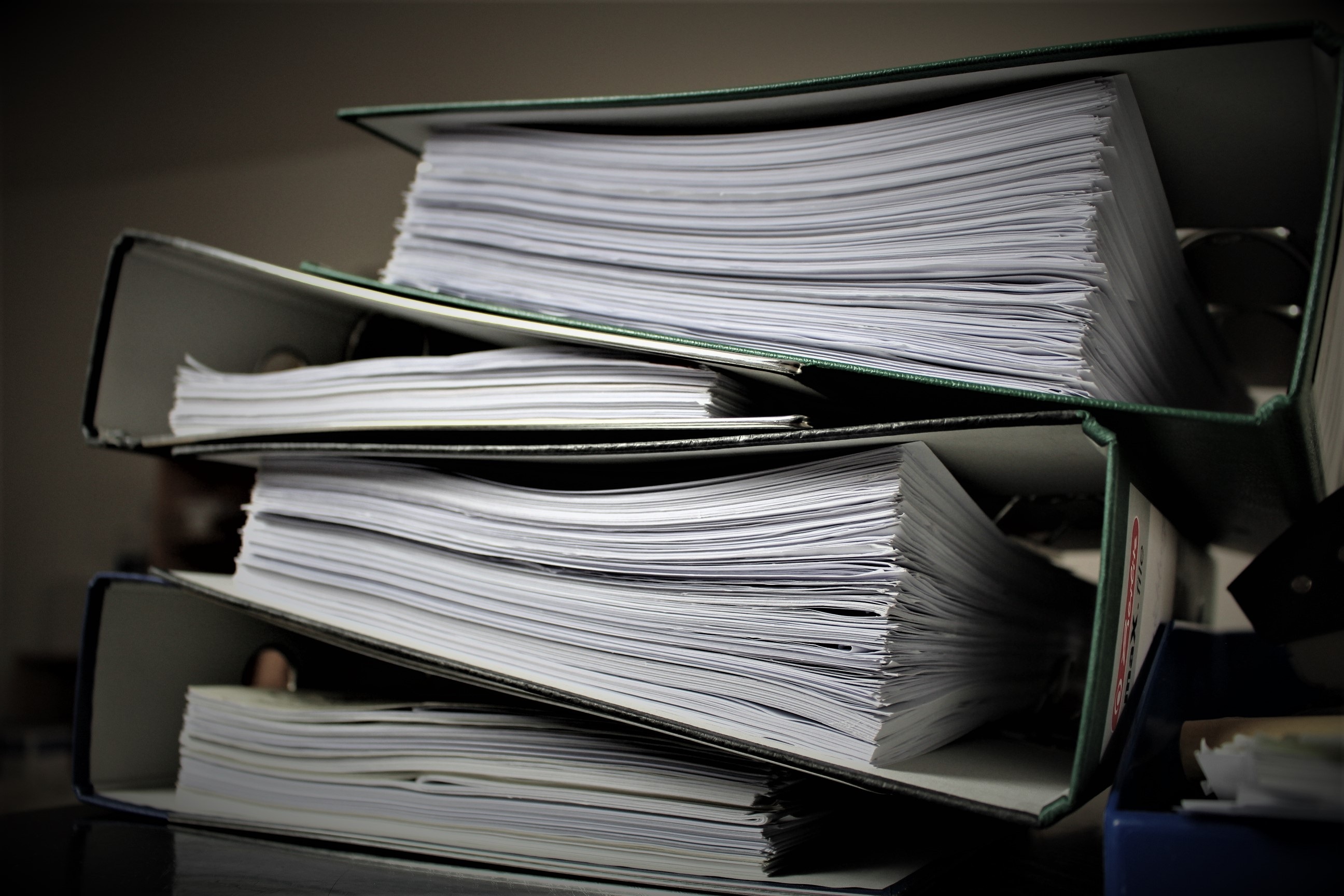By BTLawyers
“It is a truism, often used in accident cases, that with every day that passes the memory becomes fainter and the imagination becomes more active. For that reason, a witness, however honest, rarely persuades a Judge that his present recollection is preferable to that which was taken down in writing immediately after the accident occurred. Therefore, contemporary documents are always of the utmost importance.”
Lord Pearce in Onassis and Calogeropoulous v Vergottis
In the most recent Trial and Error, I looked at what you need to do to best prepare your various witnesses for trial. The other critical element to ensure you properly prepare for trial is your documentation, including:
- When and what documents to secure.
- Dealing with last-minute requests.
- Expecting the unexpected from your Judge.
When and what documents to secure
When it comes to trial, documentation is always going to be your strongest form of evidence. So the more you have an incident documented, the stronger your case is going to be.
I understand that it’s simply not practical to write documentation about every incident in the workplace on the possibility that it could proceed to trial, especially if you are a small business, but I would recommend thinking about the following tips when an incident occurs to improve the chances you have right documentation on hand when you are going to need it most:
- Secure the incident report, training records and any witness statements as soon as the statutory claim is lodged by scanning them into an electronic format. An accepted statutory claim permits an entitlement to a common law claim.
- Secure the contact details of everyone involved in the incident – the person who took the report, the trainer, the WPHS officer, the supervisor on shift, etc. Everyone becomes a relevant witness at trial and we are obliged to talk to them because of their connection to the event.
Securing these details will permit us to find the witnesses once the matter proceeds to trial. This is often the most difficult part of preparing for a trial where the incident occurred many years prior or where the witnesses and supervisors have moved on to different jobs or even where a company has changed ownership.
Dealing with last-minute requests – preparation on the go
“Everyone has a plan until they get punched in the mouth” – Mike Tyson
No matter how prepared for trial you are, it doesn’t begin until the Plaintiff tells their story on the first day.
You can generally predict what a Plaintiff is going to say, but ultimately their evidence at trial can cause you to revise your entire plan and reassess your risks. For example, a Plaintiff could give evidence that they pulled something as opposed to lifting, or the identity of the person who instructed them to perform the task could change on the first day. These are all scenarios we have experienced and you must be able to adapt to changing circumstances.
Changing your trial plan “on the run” is not ideal, but it is often unavoidable. The worst thing a Defendant could do in this situation is to ignore any developments that should cause you to reevaluate your risk.
Some tips that we find helpful in these situations are:
- Ensure that there is one point of contact for your Lawyer to liaise with during the trial. This should be a person who can navigate the various layers of the business to ensure that any further investigations or requests we have to make during the trial can be given utmost priority.
- Having that one point of contact available to liaise within the Court room during the trial would be of even greater assistance as they can get a feel for the trial, provide instructions in real-time, and immediately follow up on any urgent requests from the Judge.
Expecting the unexpected from your Judge
The Judge is the most important person in the room at trial but they are also often the most difficult to plan for.
You can do your best to interpret how a Judge might view your case by reading their previous decisions. However, each case is tested on its own facts and merits, and each trial represents a new day.
Some of the tips that I have learned in my experience with Judges include:
No matter what happens before the trial, prepare to run. Judges have tight schedules and will often not entertain delay of any kind regardless of the significance of the development.
- Understand that the Judge’s job is to stress test every element of your case.
- Accept that the Judge’s decisions are naturally influenced by their own personal experiences and previous cases. This means that they can add or subtract weight to the significance of certain pieces of evidence.
An example of this last point was our recent experience with the case of Borg v Thomas Borthwick & Sons involving a stockman who suffered ankle injuries after being charged by an unruly bull in the Defendant’s stockyard. The Plaintiff alleged that he was going to the aid of his colleagues who were perched atop a fence. However, their apparent danger was denied by the stockmen in evidence.
Judge Baulch, when considering our argument for contributory negligence, reported that he was reminded of a situation where a woman was murdered whilst her partner was hiding in a closet and that to suggest that Plaintiff should not have acted in the manner he did may have resulted in a more fatal outcome to his co-workers. Under the circumstances, he found no room to find that the Plaintiff’s actions amounted to contributory negligence.
If you have any particular questions about any of the information provided or other questions about running a matter to trial, please email BTLawyers at manager@btlawyers.com.au






